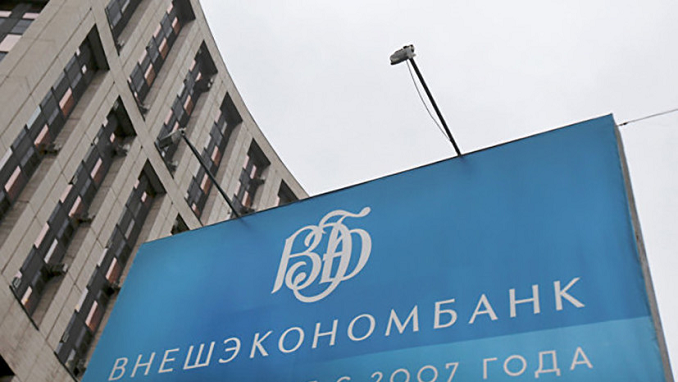Russian corporations VEB.RF, Rostec, and Rosatom have partnered to construct at least 25 waste-to-energy plants that will process sorted municipal solid waste to power some of Russia’s largest communities.
The parties plan to build the plants in Russia’s largest tourist centers, as well as in cities with populations of at least half a million people. The plants will use the technology of Hitachi Zosen INOVA, the world leader in the field of waste-to-energy processing.
The aim of the project is to introduce global best practices in the field of solid municipal waste management and reduce environmental harm from landfills.
The total cost of the project is an estimated 600 billion rubles (more than USD 8 billion); VEB.RF’s estimated contribution is approximately 200 billion rubles (USD 2.7 billion). The project is part of VEB.RF’s broader effort to promote the green economy in Russia. VEB is currently developing the country’s first-ever green finance standard, which will help local companies issue green bonds and attract capital for sustainable projects.
“The launch of an integrated waste management system is an important step for Russia,” said Igor Shuvalov, Chairman of VEB.RF. “We expect that this project will attract investment from commercial banks, financial institutions, and private investors, through both public-private partnerships as well as green bonds.”
Rostec, represented by its subsidiary RT-Invest, will act as the program operator. The State Corporation intends to develop measures of state support for the launch and implementation of green projects.
Rosatom will act as a technology partner. It will supply basic equipment, ensure the development of basic engineering for the plants, oversee commissioning, provide maintenance and repair services, and bring the best-in-class waste-to-energy technologies from around the world to the project.
The construction of the 25 waste-to-energy plants will prevent the creation of 81 landfills with an area of 30 hectares each. This will preserve 43,500 hectares of land (including the landfills and the sanitary protection zone of 1 km around them). In addition, each new plant will allow the city to close and reclaim the land of one existing landfill, leading to the closing and reclamation of at least 25 additional operating landfills. This will return 13,400 hectares of land (including sanitary protection zones) for other uses.
Russia generates over 60 million tons of communal waste per year; this figure grows roughly 3% per year. The Moscow region alone, with 17 million inhabitants in the city and suburbs, creates over 8 million tons (13.3%), making it the largest producer of trash in the country.












